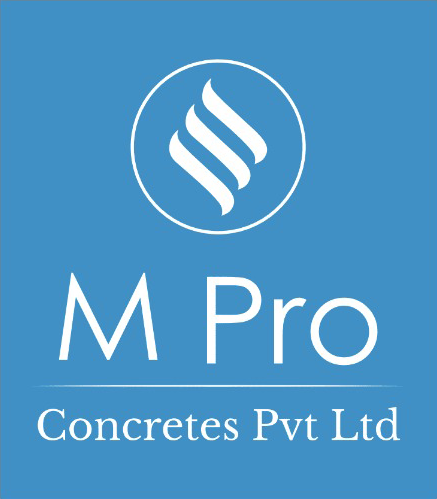Wet Press & Blocks
Advantages of wet press & concrete blocks in construction
Advantages of using wet press concrete blocks in construction include:
High Strength
Wet press concrete blocks are manufactured using hydraulic pressure, resulting in dense and compact blocks with high compressive strength, making them suitable for load-bearing applications.
Uniformity
The wet pressing process ensures consistent dimensions and surface finishes, providing uniformity in size, shape, and texture across all blocks, which facilitates precise and efficient construction.
Durability
Wet press concrete blocks have excellent durability and resistance to weathering, abrasion, and impact, ensuring long-term structural integrity and minimal maintenance requirements.
Thermal Insulation
Wet press concrete blocks can be manufactured with thermal insulation properties by incorporating lightweight aggregates or additives, helping to improve energy efficiency and indoor comfort in buildings.
Fire Resistance
Wet press concrete blocks offer inherent fire resistance due to their noncombustible composition, providing enhanced safety and compliance with building regulations for fire-rated construction.
Sound Insulation
Wet press concrete blocks with dense compositions can effectively reduce sound transmission, providing acoustic insulation in walls and partitions, contributing to a quieter and more comfortable indoor environment.
Versatility
Wet press concrete blocks are available in various sizes, shapes, and configurations to suit diverse construction requirements, including load-bearing walls, partitions, retaining walls, and decorative facades
Speed of Construction
Wet press concrete blocks can be produced rapidly and installed efficiently, enabling faster construction progress and shorter project timelines compared to traditional masonry methods.
Environmental Sustainability
Wet press concrete blocks can incorporate recycled aggregates or supplementary cementitious materials, reducing the environmental impact of construction by conserving natural resources and minimizing waste generation.
Cost Effectiveness
Wet press concrete blocks offer cost effective solutions for construction projects due to their durability, ease of installation, low maintenance requirements, and potential energy savings, resulting in long term economic benefits for building owners and developers.
Frequently Asked Questions
1. What are wet press concrete blocks?
Wet press concrete blocks are precast building materials manufactured by compressing a wet concrete mixture under hydraulic pressure within a mold. The blocks are then cured to achieve strength and durability.
2. What are the primary advantages of using wet press concrete blocks in construction?
Wet press concrete blocks offer advantages such as high strength, uniformity in size and shape, durability, thermal insulation, fire resistance, sound insulation, versatility, speed of construction, environmental sustainability, and cost-effectiveness.
3. How do wet press concrete blocks compare to other types of concrete blocks?
Wet press concrete blocks typically have higher compressive strength and better dimensional accuracy compared to other types of concrete blocks, making them suitable for a wide range of construction applications.
4. Can wet press concrete blocks be customized to meet specific project requirements?
Yes, wet press concrete blocks can be customized in terms of size, shape, surface finish, and mix design to meet the specific needs of different construction projects, including loadbearing walls, partitions, facades, and decorative elements.
5. Are wet press concrete blocks suitable for structural applications?
Yes, wet press concrete blocks are commonly used in load-bearing walls and structural elements of buildings due to their high compressive strength and durability.
6. How are wet press concrete blocks installed on construction sites?
Wet press concrete blocks are typically installed using mortar or adhesive, similar to traditional masonry construction methods. Proper handling, alignment, and anchoring techniques are employed to ensure structural integrity and stability.
7. Are wet press concrete blocks environmentally friendly?
Wet press concrete blocks can incorporate recycled aggregates and supplementary cementitious materials, reducing the environmental impact of construction by conserving natural resources and minimizing waste generation.
8. Do wet press concrete blocks require special maintenance?
Wet press concrete blocks have minimal maintenance requirements due to their durability and resistance to weathering, abrasion, and impact. Periodic cleaning and inspection may be necessary to ensure long-term performance.
9. Can wet press concrete blocks contribute to energy efficiency in buildings?
Yes, wet press concrete blocks can be manufactured with thermal insulation properties to improve energy efficiency and indoor comfort by reducing heat transfer through walls and partitions.
10. Where can I find more information about using wet press concrete blocks in construction?
For more information about wet press concrete blocks, including technical specifications, installation guidelines, and project references, you can contact manufacturers, consult industry resources, or visit websites specializing in precast concrete products and construction materials.
